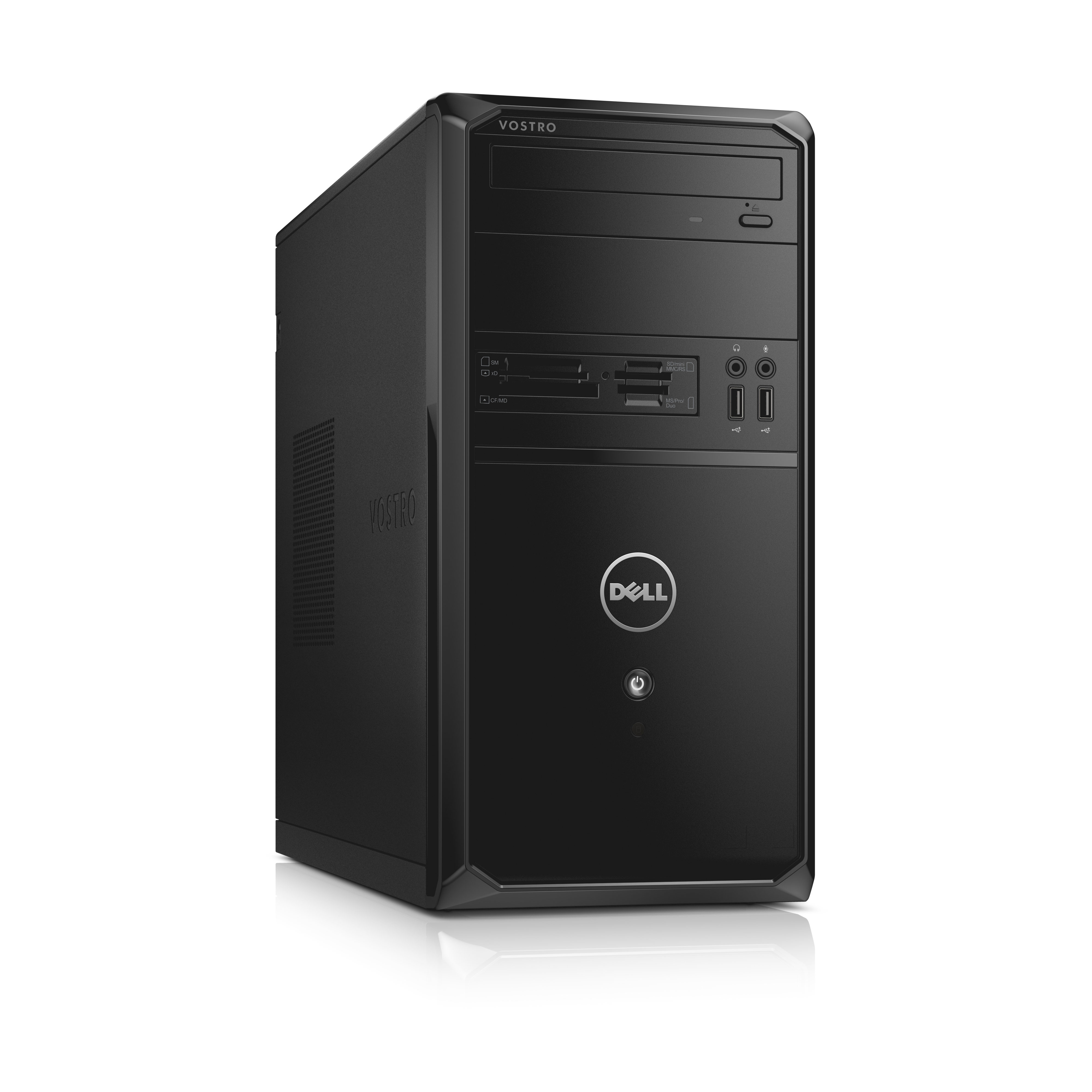
#Dows 8.1 hdd high Pc#
Leave your PC / Laptop on for extended periods.That way, you can pick convient times to apply them, that won't affect your daily schedule.
#Dows 8.1 hdd high windows#
Consider rescheduling windows updates and/or not applying the updates automatically.

Move the changing the timing from the defaults to something that works better for your own.
#Dows 8.1 hdd high update#
I like MSE & don't want to uninstall it, but options need to be added to the MSE Update tab, similar to the Schedule Scan options, that allow the user to disable the updates (as you can configure them to run prior to a scheduled scan anyway), schedule For instance, mine kicks of at 10am every day while I'm in the middle of work. From what I've been able to determine, there is no way to control the timing of the definition If you are running Microsoft Security Essentials ("MSE"), the update of the definitions initiates a System Restore Point (which is the cause of the HD activity). Looking for cause/solutions myself and I just found at least one: I don't know if I will cause large problems disabling this but I am ready to try. It is a bit frustrating that gets so complicated. Maybe I have to disable System with the path that leads to Windows.edb. There seems to be a lot of processes tied to eachother so that even if I disable indexing service, it can still function. Just under that is SearchIndexer.exe which path also leads to Windows.edb. Just under that is System again, which path leads to MSStemp.log.

Although indexing is not at the top of the list for order of drive activity, at the top is System which path to the executable is also Windows.edb. The path to the executable for the process, leads to Windows.edb. When I look in Resource Monitor indexing is back.

I then disabled the service and that also only worked I then turned the indexing service from automatic to manual. When I lookedĪt Resource Monitor indexing was back and causing the drive to thrash. I then anticked all the indexing for search in all folders of drive C. I paused all indexing and the activity stopped. My hard disk has been going hard activity non-stop.

any benefit it might have been providing seems to be heavily outweighed by an almost out of control pre-caching algorithm. Wondering if there are any tunable controls around the superfetch service that are user definable. The throughput levels presumably from SuperFetch was previously high enough to noticeably impact performance to say nothing of the constant grind of disk activity.Īlso experimented with re-enabling it and letting it go for 15 minutes, saw an immediate resumption of the high disk activity, followed by the same dramatic reduction when it was disabled again. So far disk activity remains significantly reduced (0-60KB/s) which seems to have provided an overall boost to system performance. The first immediately recognizable change came from disk activity dropping to a KB/s scale in resource monitor. Watching resource monitor was seeing steady 20+MB/s disk activity primarily from SvcHost accessing large files from applications that were not active.Īfter looking at various suggestions tried disabling the Super Fetch service. Consistently seeing very high disk activity with Vista 64 Ultimate on a quad-core, 8Gb system.


 0 kommentar(er)
0 kommentar(er)
